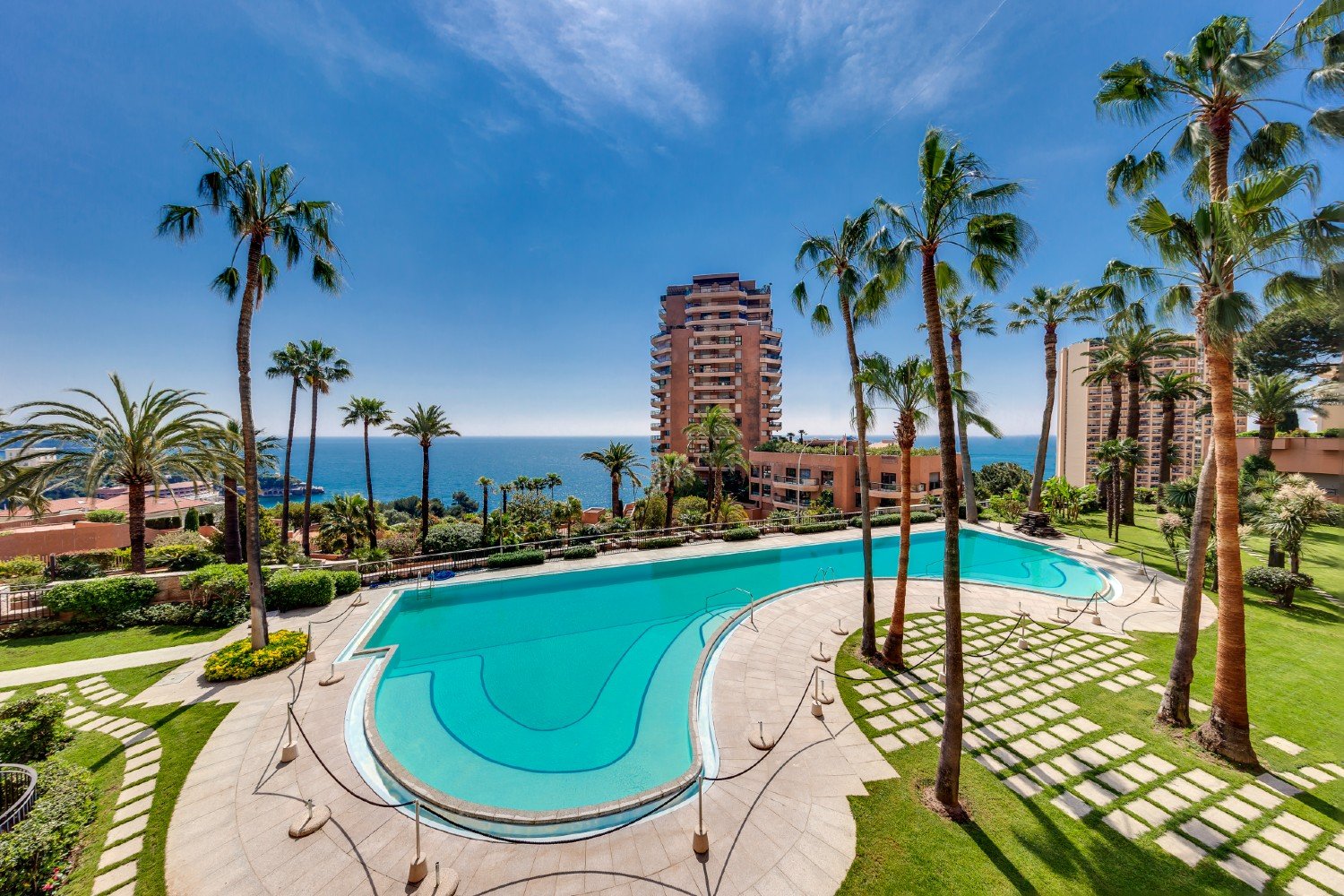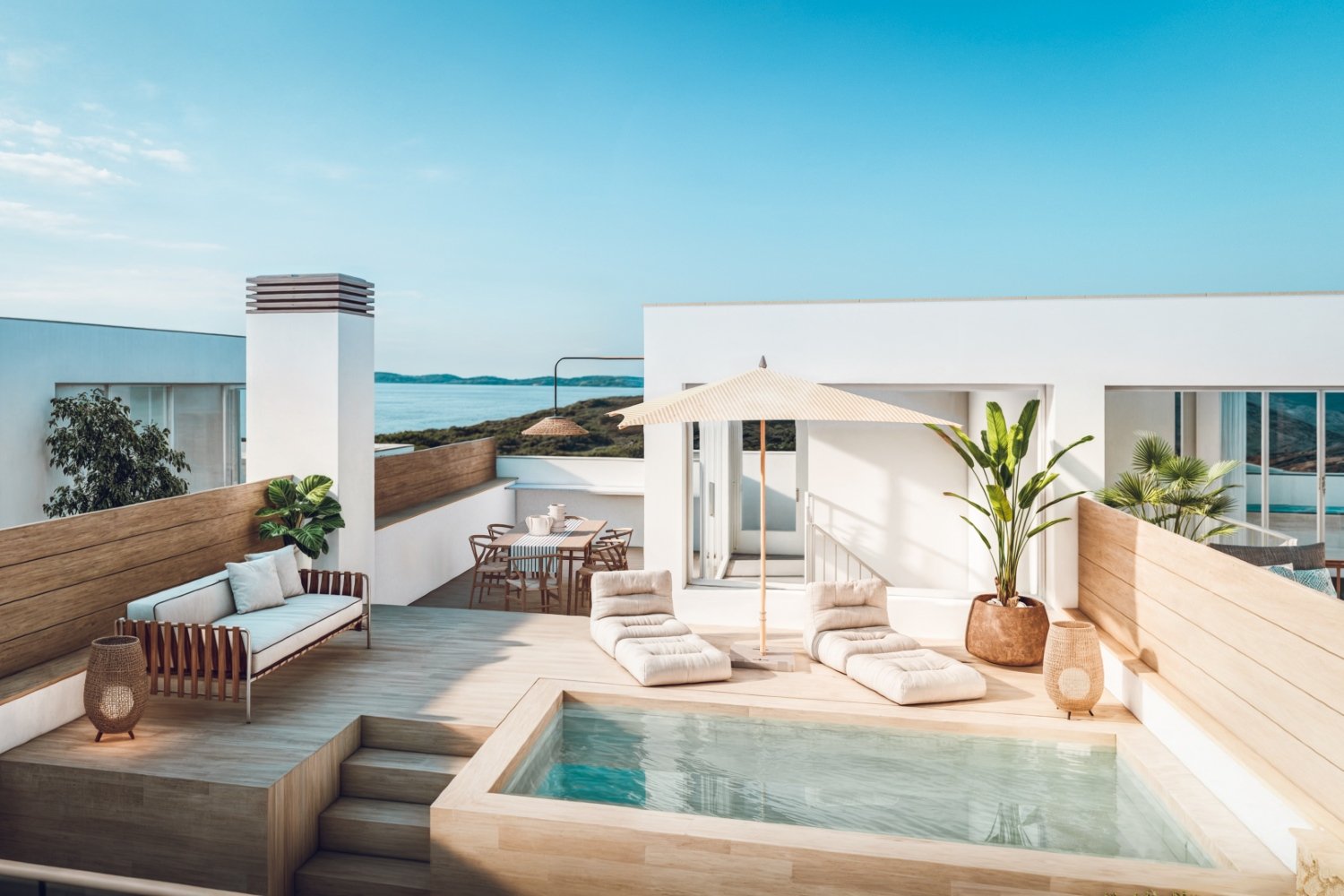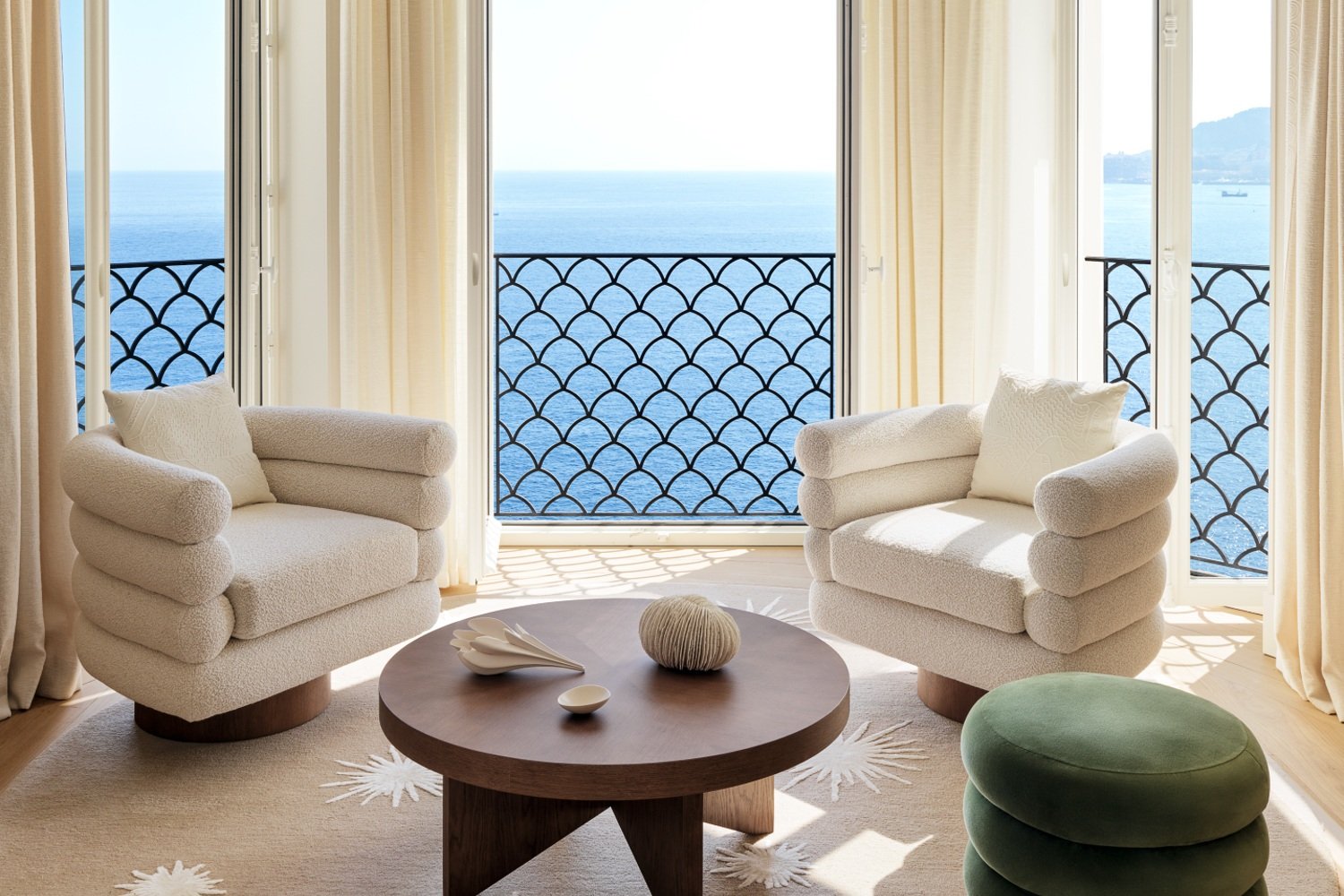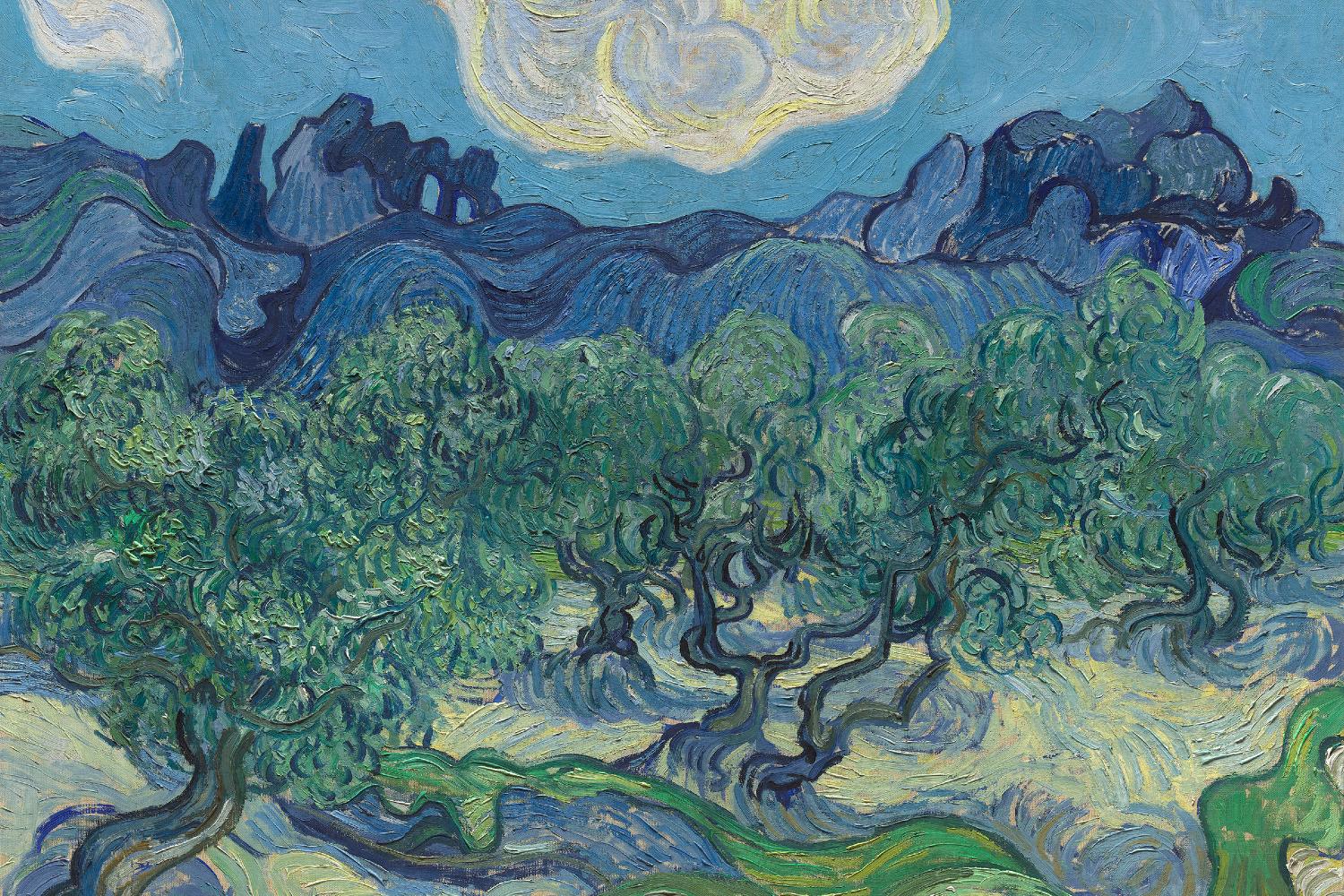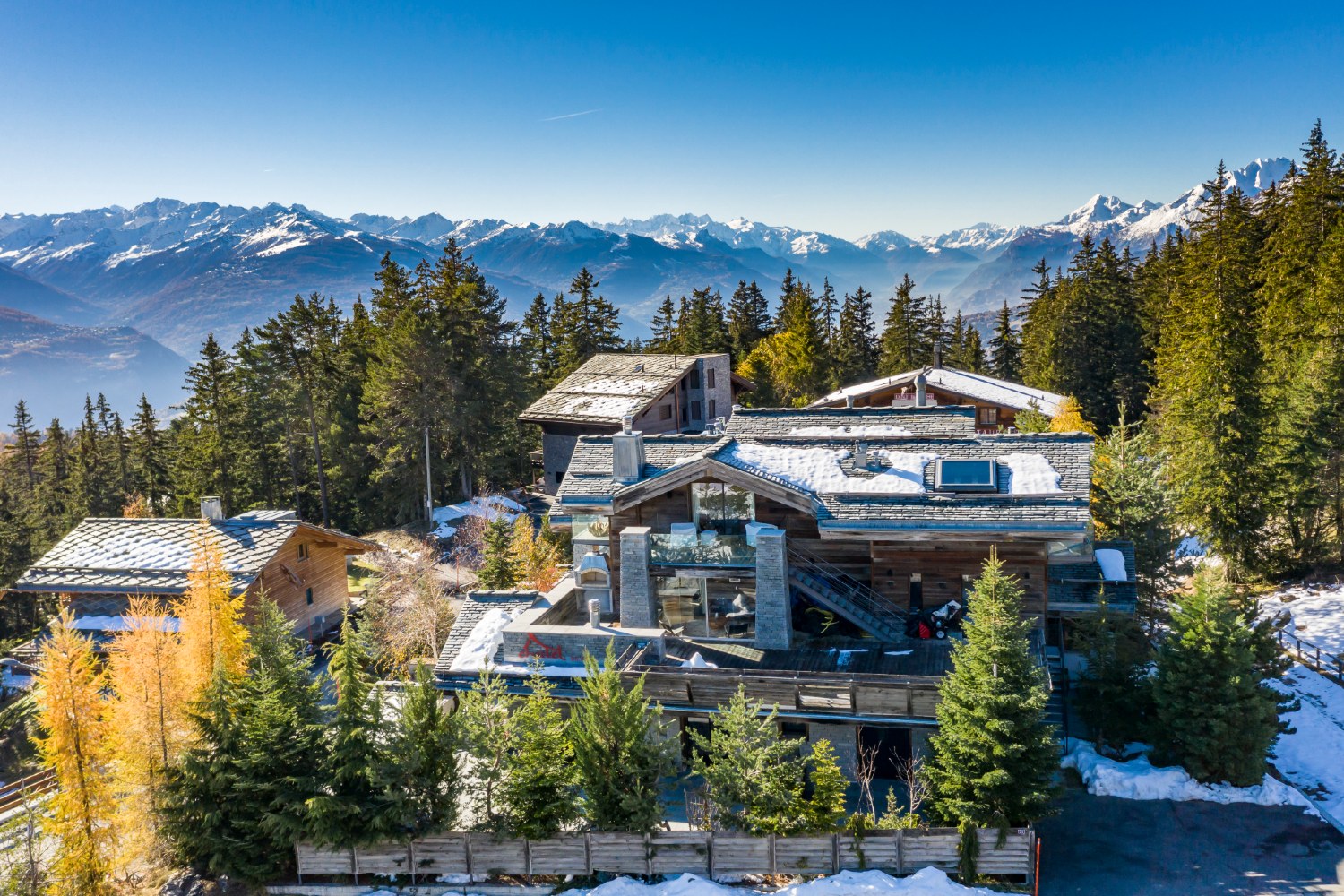Investing in the vines
Expert advice for anyone considering buying in one of Europe’s premier wine regions
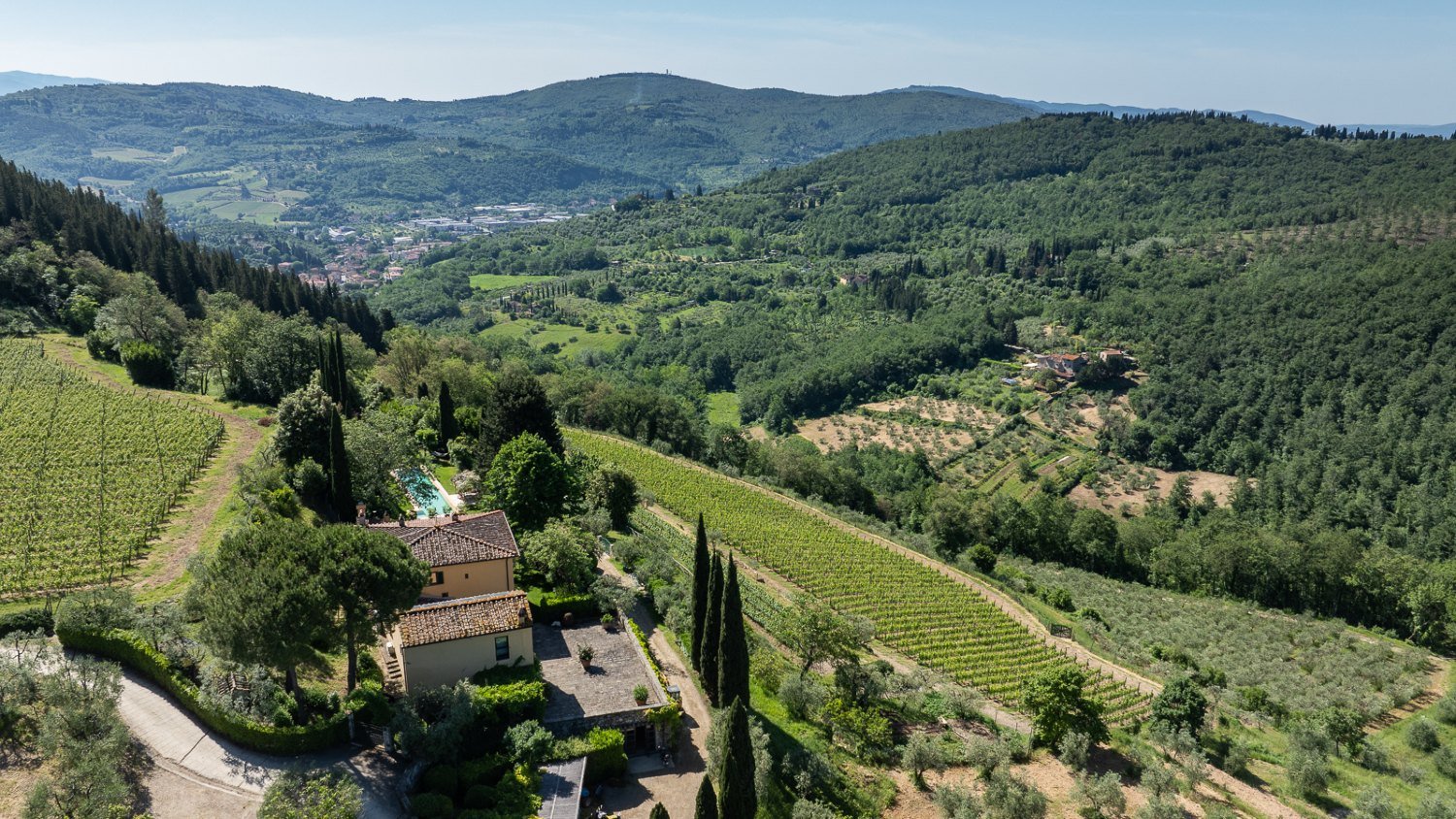
There’s very little that Nicolas Parmentier does not know about the wine industry. Over the past two decades, he has developed and managed four of his own family’s vineyards in southern France, covering the Luberon, Alpilles and the Gulf of Saint-Tropez, before establishing and running a company specialising in the creation, management and support of vineyards. Today, he uses that wealth of experience to head up Janssens Immobilier | Knight Frank Vineyards, providing professional advice to clients, buyers and sellers of estates big and small. From his home in Aix-en-Provence, he travels widely across the Rhone Valley, Languedoc and Provence itself.
“There’s something extraordinary special about working in the wine industry, a great romance in owning a vineyard,” he says. “You start with a field of vines and end up with a bottle of wine and in between you have to master a wide number of skills, possibly more than in any other career, including agriculture, sales, admin, finance and cellar management. To be successful, you must have a long-term vision and stick to it, be patient because it takes at least five years after planting vines to produce anything, and you must also spot trends in advance, the move to lower alcohol levels in wines for example.”
Vineyard purchasers include professional wine producers and also eager amateurs, the latter a section that has increased in numbers over the past decade. Parmentier’s experience covers garden vineyards of 4 to 8 hectares, wine residences of 10 to 25 hectares and large production estates.
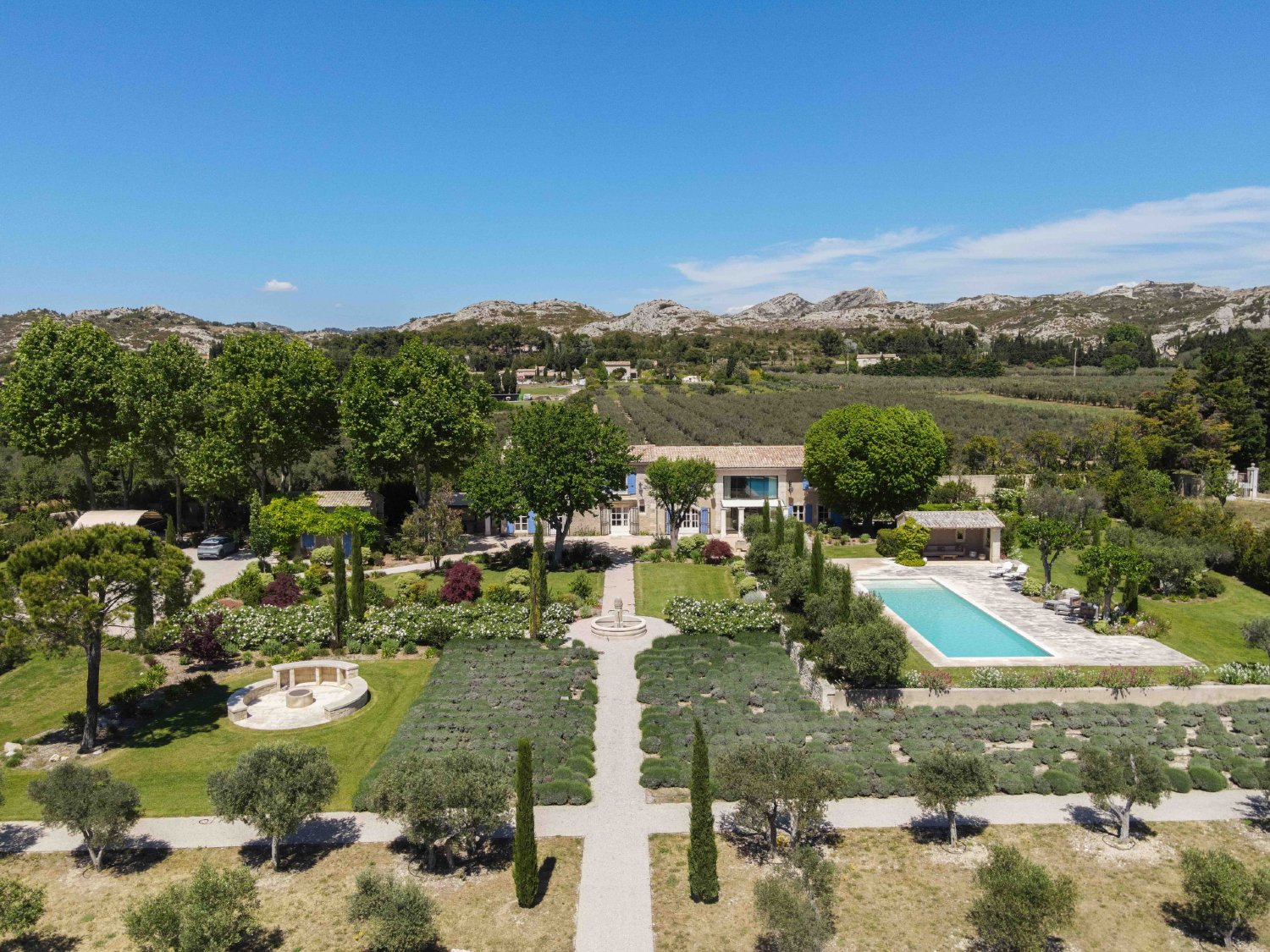
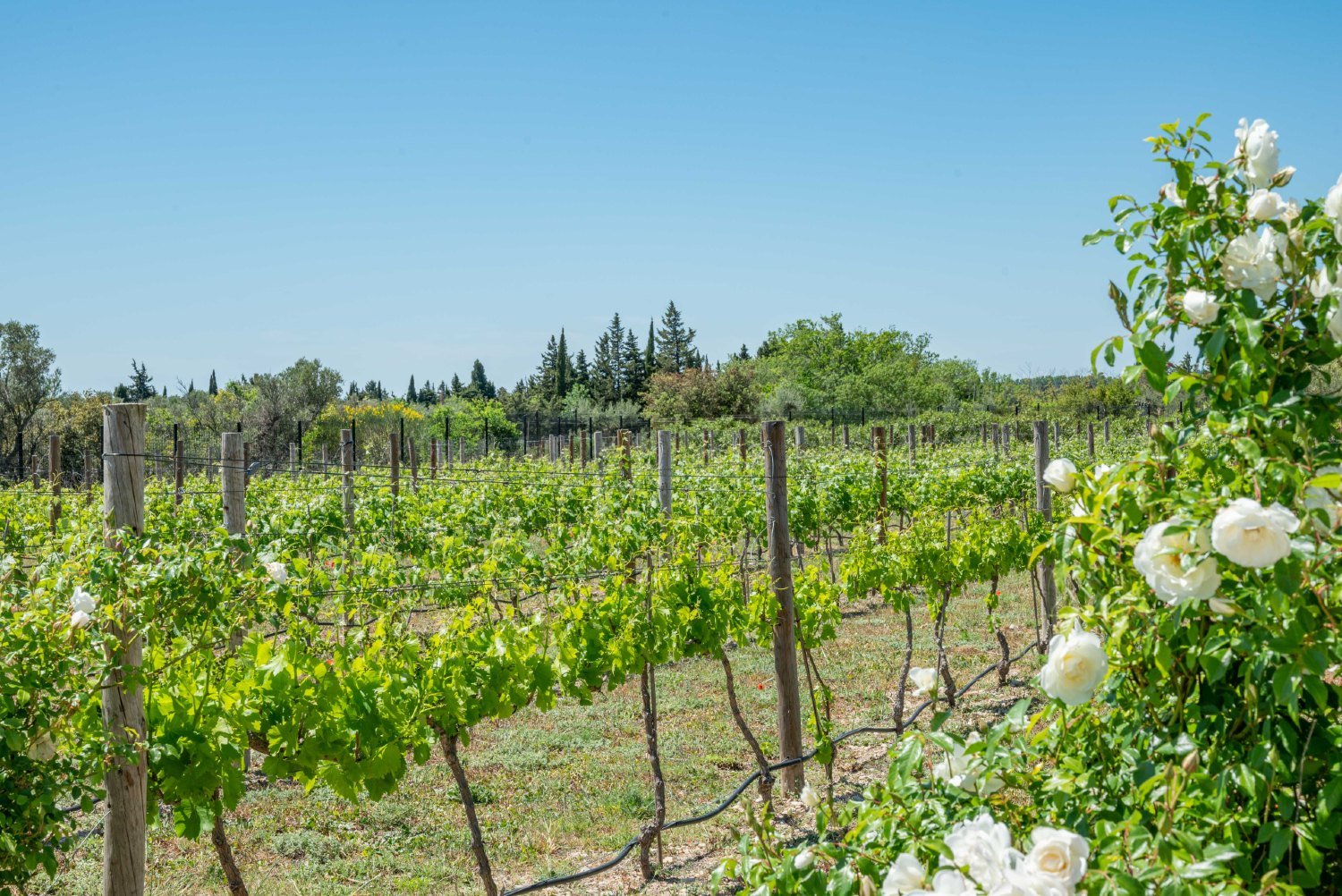
A garden vineyard is often a project by a couple or family looking to take on a generational project where they can work together, with a small production and relatively limited commercial risk. In a wine residence, the prime focus is on a prestigious, beautiful and well-located country house where the owners can then set themselves a challenge of producing their own wine, perhaps adding value to an existing vineyard by improving the quality of the vines or expanding existing sales.
Properties currently for sale in Provence include a magnificent 18th Century farmhouse in the Alpilles where the near five acre grounds include landscaped gardens, olive groves and vineyards.
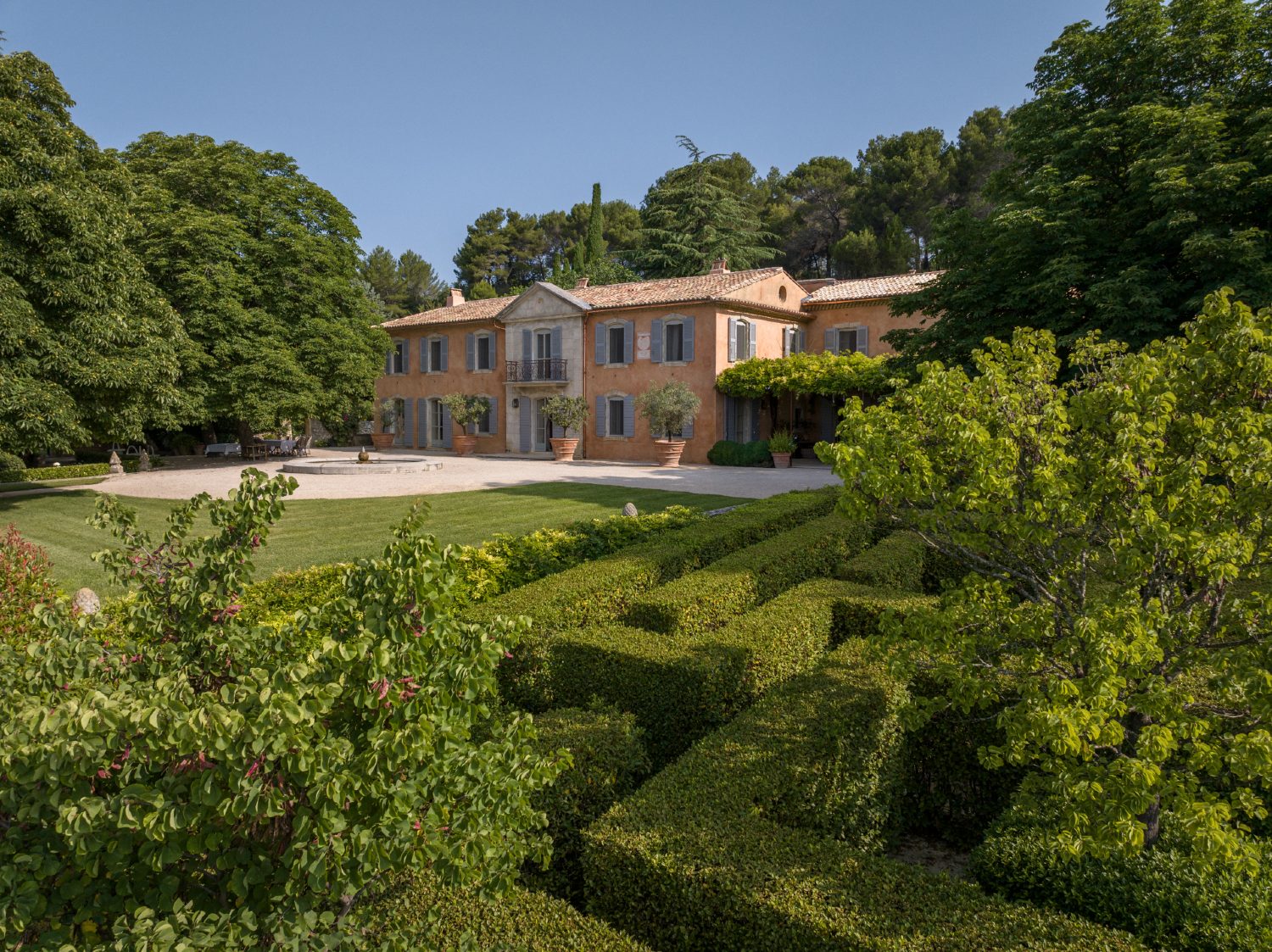
For clients who want to be fully immersed in the wine region but without their own vines to manage, a superb Bastide in 61 acres of rural splendour yet only 10 kms from Aix-en-Provence, has its own tennis court, heated swimming pool and generous accommodation including a separate and private guest house.
“Living among the vines in France’s wine regions offers a unique quality of life, more than just the pleasure associated with wine production,” says Parmentier. “There’s often olive oil and truffle production too, and of course the joy of family and friends gathered in a beautiful region, a sunny escape, all within easy reach of TGV stations and airports.”
Provence is just one prime European wine region where Knight Frank can offer homes for sale. Their newest office is in Bordeaux in southwest France, the largest wine producing region in the world, home to outstanding appellations including Saint Émilion, Margaux, Pomerac and Medoc. Properties in the region include this historic château, with a wine estate spanning 16 hectares.
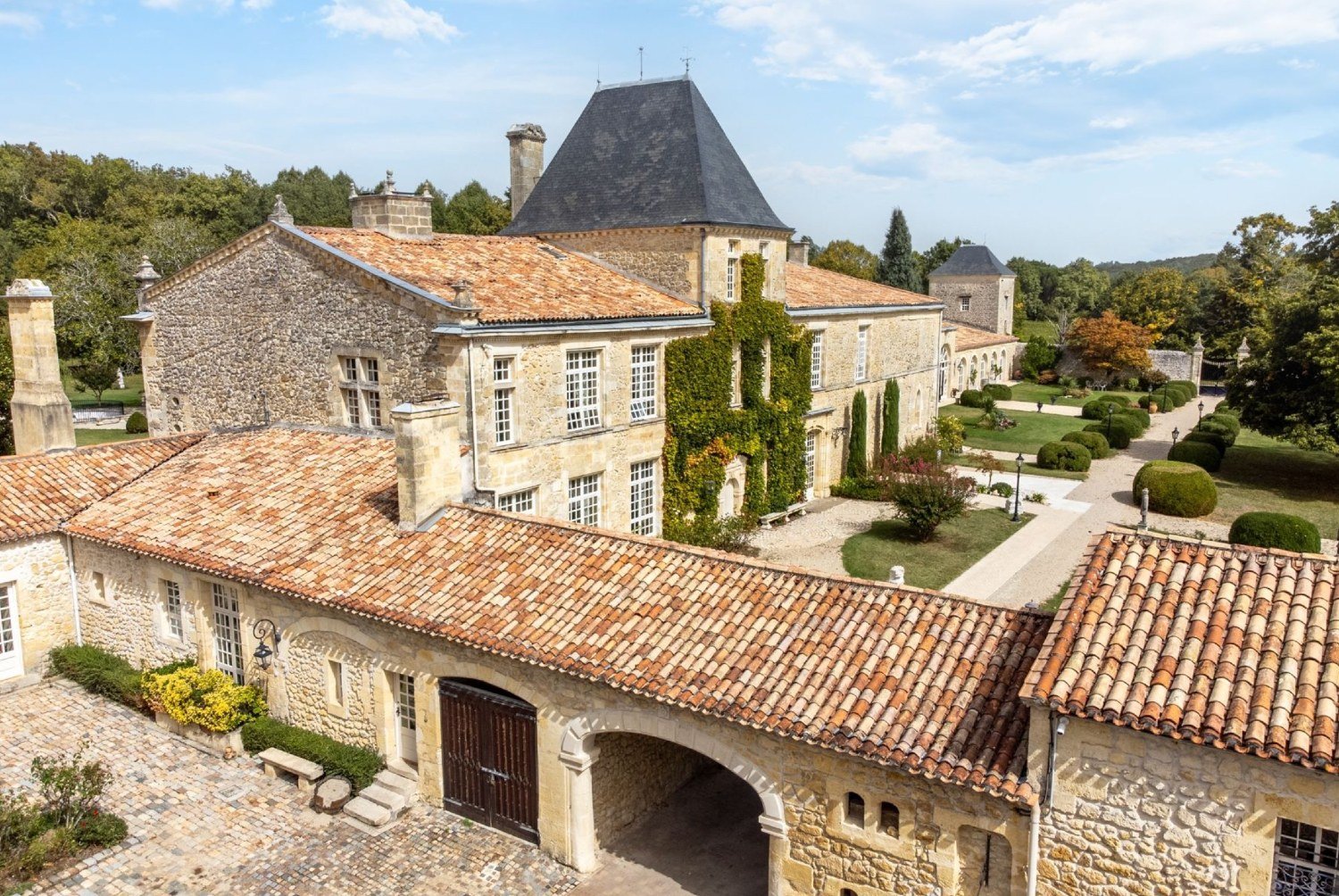
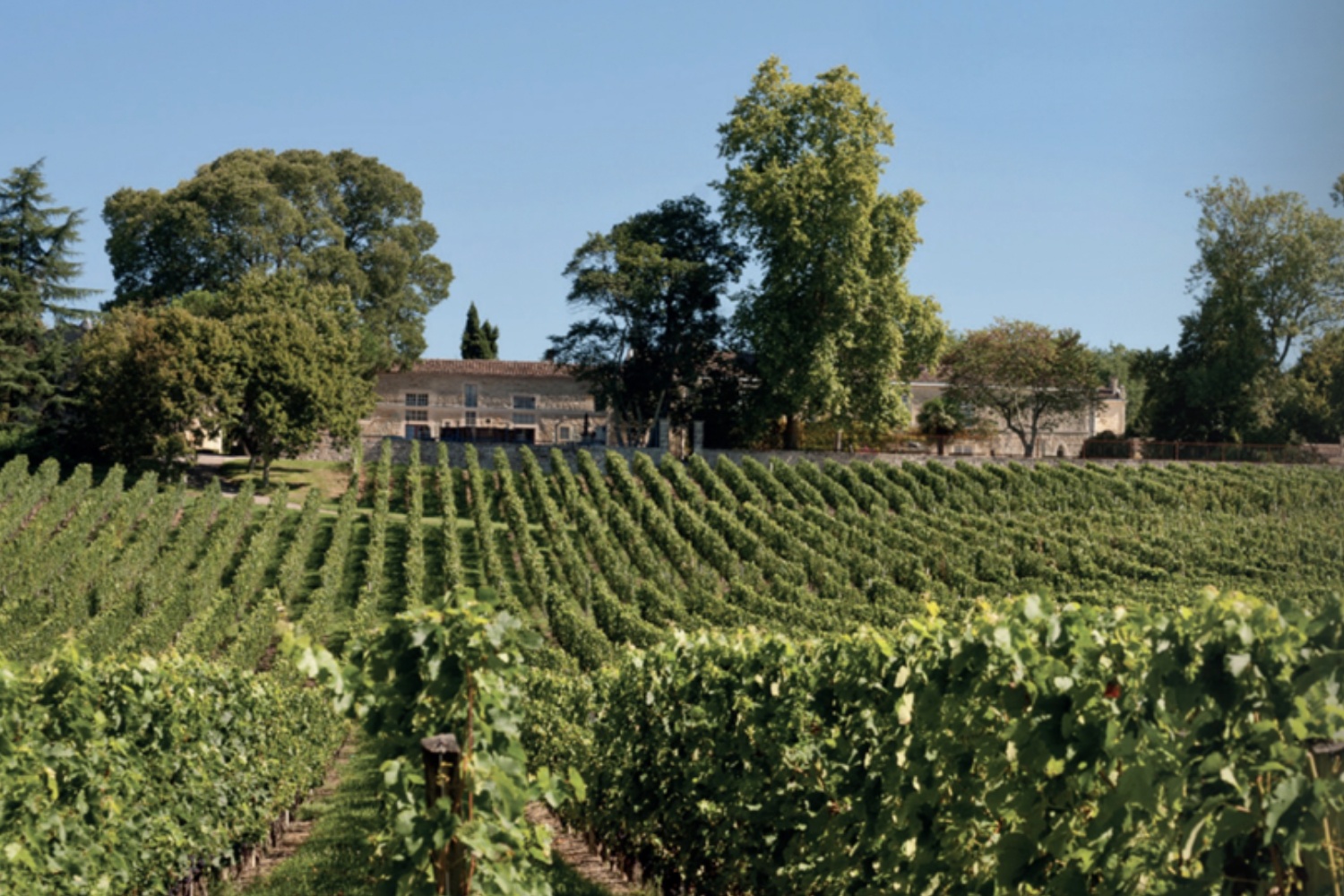
Excluding the champagne region, average land prices across France are €35,000 per hectare for vineyards that are AOC/AOP (a European-wide standard relating to the geographical history of the terroir and quality of the wine) and €15,000 a hectare for those that are not. In Provence, Parmentier cites a range from €45,000 per hectare in Luberon and Alpilles to €100,000 in the famous Côtes de Provence, where US actor Brad Pitt makes his rosé. Prices in the renowned Châteauneuf-du-Pape appellation reach €500,000 per hectare while in Bordeaux, land prices for the most prestigious terroir however can reach over €2,500,000 per hectare. On average, one hectare should produce around 4,500 bottles a year.
Italy vies with France to be the world’s top wine producing country and the Sangiovese grapes that go into the Super-Tuscan wines and the bold Nebbiolo grapes that make Piedmont’s Barolo and Barbaresco wines have huge global fame.
Tuscany and Piedmont are two leading regions in a country renowned for its lengthy heritage of wine production and both offer intriguing possibilities for those looking to invest in the industry. Close to the Renaissance city of Florence, an 18-hectare estate with four hectares of vines, and a fifth being planted this year, is for sale through Knight Frank. The winery includes two farmhouses, carefully landscaped gardens with a tennis court and swimming pool and a 235 square metre cantina, the dream for any aspiring oenophile.
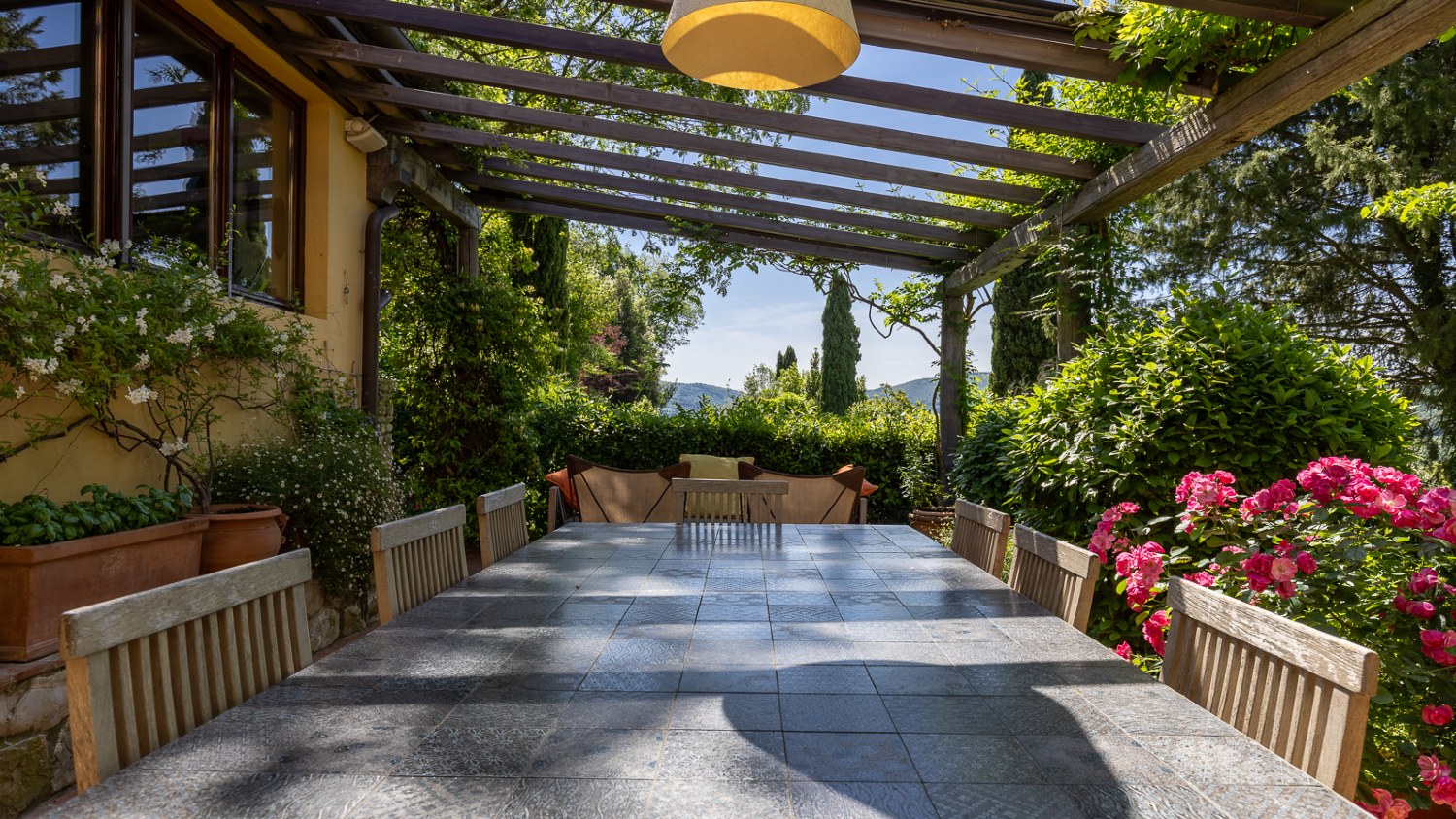

For those new to the business of producing wine, there are three frequently made mistakes to be aware of warns Parmentier.
“Some people who have been hugely successful in one industry believe that they just need to apply the same principles to wine making in order to succeed, but that is not the case. Producing wine is something very specific,” he says. “People also often underestimate the length and costs involved in the process and that is followed closely by the third mistake, perhaps the biggest concern of all, which is to underestimate the effort required to sell the wine. I tell my clients that wine can seem easy to make but is difficult to sell. France has some 66,000 wine producers who all believe their wine is the best. There is huge competition and you must be prepared.”
Yet Parmentier acknowledges that the sheer delight of serving a bottle of wine produced from your own land to your friends and family cannot be overstated. “Gather a group of people from different and interesting careers together and I can guarantee that the person everyone wants to talk to the most is the winemaker. I see it time and time again. The interest is winemaking, rather like making the wine itself, is something very special.”
